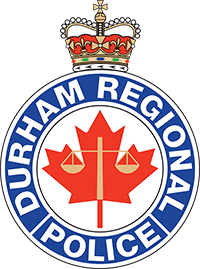Questions?
Please feel free to contact Human Resources Recruiting with any questions or concerns you might have at 905-579-1520 ext. 4341 or email recruiting@drps.ca
Note: if an accommodation is required at any time during the recruitment process, please advise Human Resources Recruiting. Appropriate assistance will be provided pursuant to the Service's Accessibility directive.





